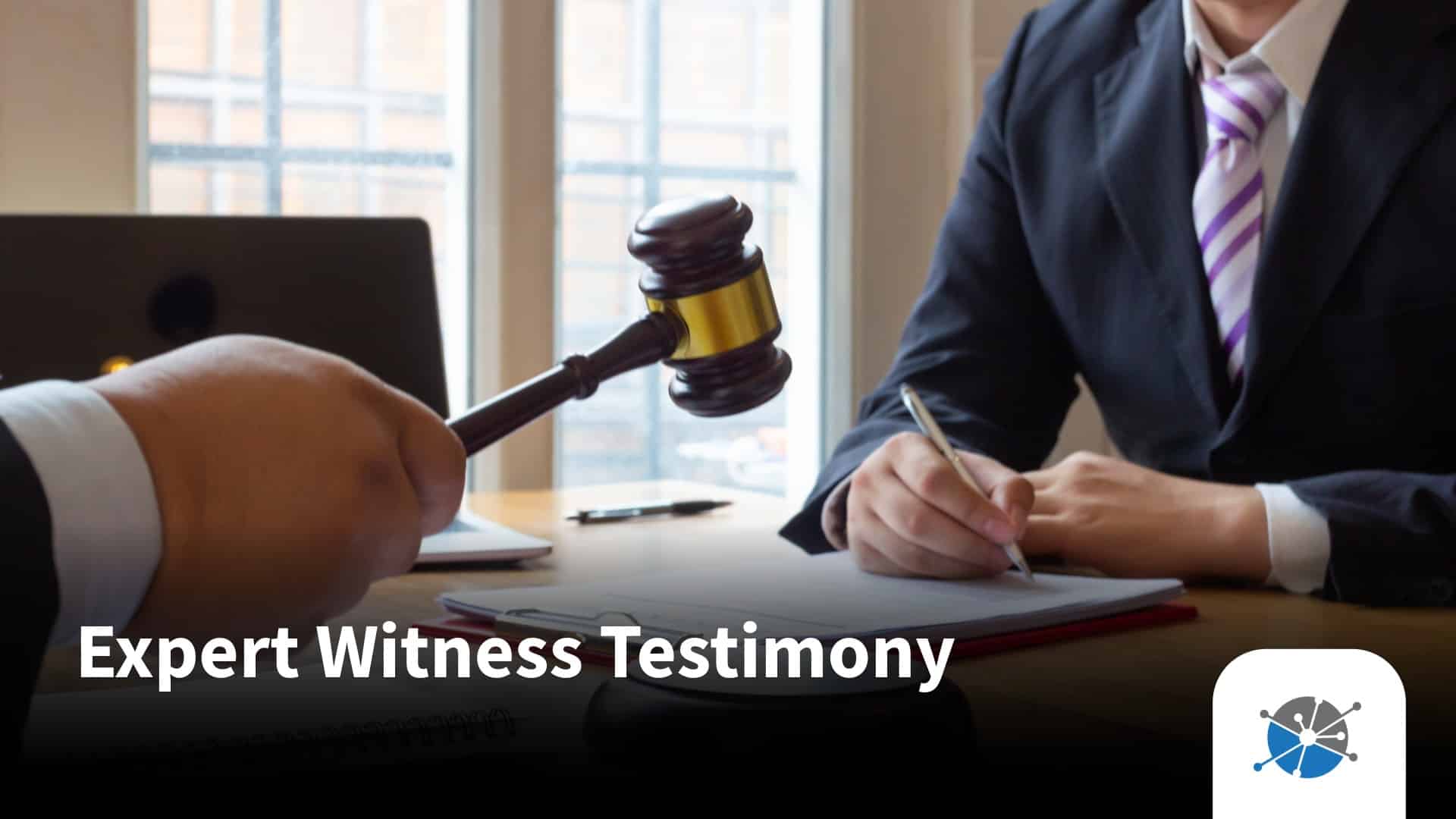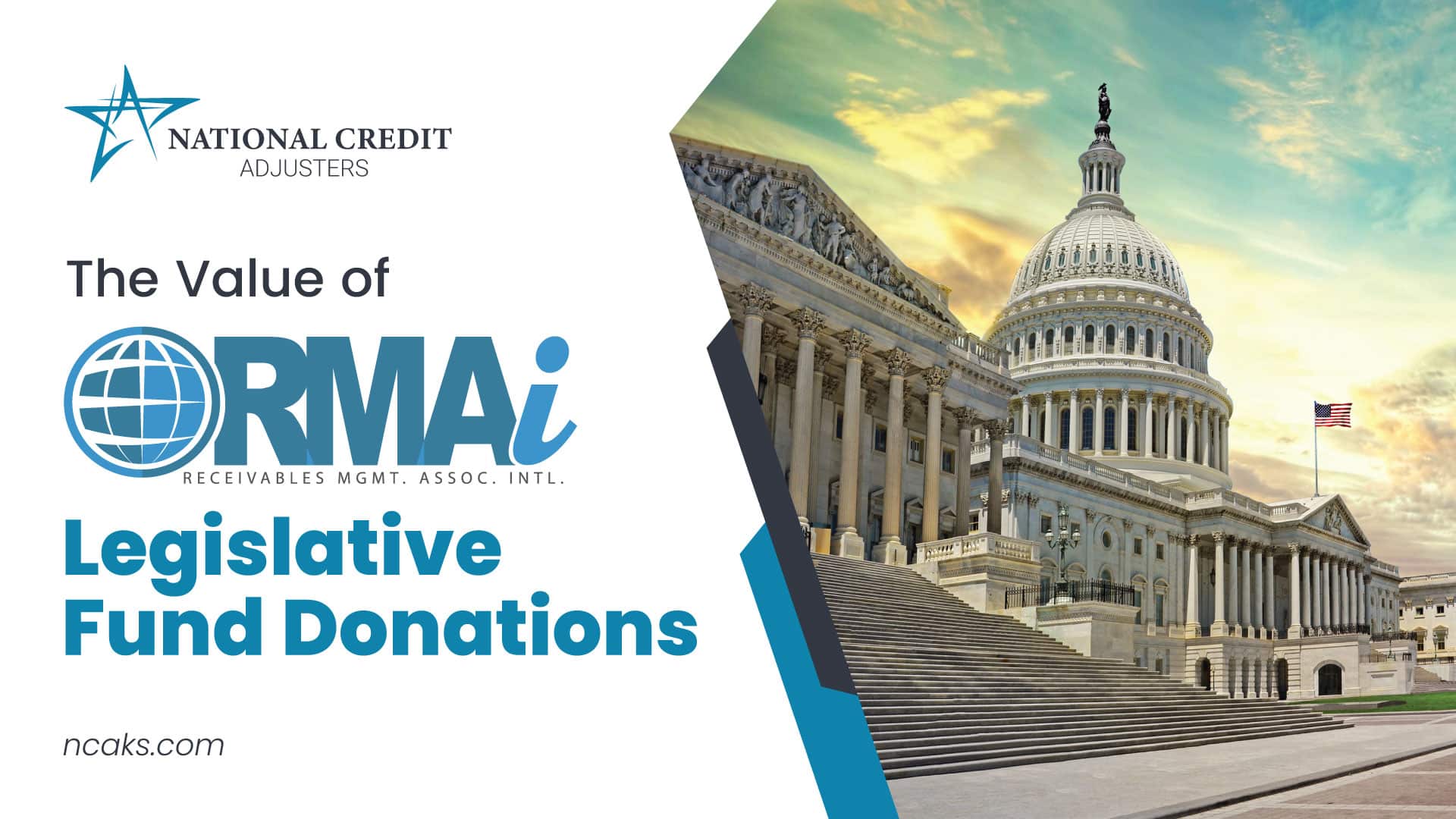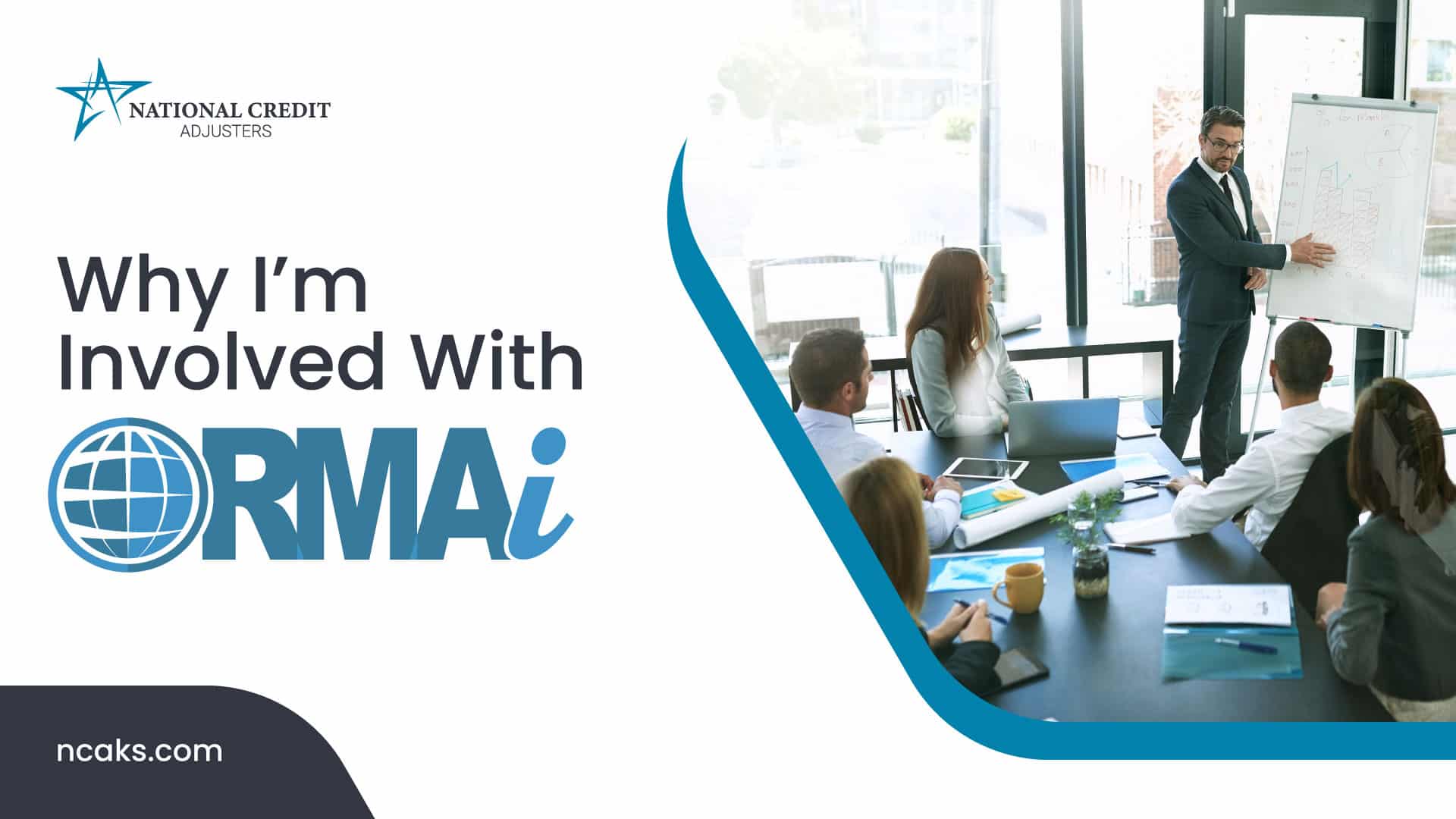
Why Expert Witnesses Are Reshaping Litigation Strategy in Receivables
Expert witness testimony has become a pivotal factor in debt collection litigation. In this article, I explain how compliance management systems, consumer communication reasonableness, and transparency intersect with courtroom expectations. My perspective reflects decades in operations, compliance, and litigation strategy, and why expert witnesses now shape both industry defense and consumer fairness.
In nearly five decades of working within the receivables industry, I have learned that compliance is not just a matter of internal governance—it is increasingly a matter of legal defensibility. As litigation becomes more frequent and more complex, courts must evaluate not only the statutes that govern debt collection but also the operational practices that determine whether an organization acted reasonably.
That evaluation is rarely straightforward. Judges and juries are not steeped in the nuances of collection workflows, consumer contact strategies, or compliance management systems. They need context. They need clarity. And increasingly, they need expert witnesses to bridge the gap between regulatory expectations and operational realities.
Expert witness testimony has shifted from a rare occurrence to a critical component of litigation strategy in debt collection. It is changing how compliance is understood, how litigation is defended, and how the industry defines transparency.
Compliance Management Systems as Litigation Evidence
Compliance management systems (CMS) have traditionally been viewed as internal safeguards, designed to align operational practices with regulatory requirements. However, I have come to see them as more than compliance tools. They are evidence.
In litigation, the strength of a CMS often determines whether an organization can successfully defend itself. A documented, enforced, and auditable system demonstrates intent and consistency. It shows that compliance is not an afterthought but a structured framework.
In my experience, the strongest CMS models share three attributes:
- Documentation – Clear written policies that define compliance expectations.
- Training – Demonstrable efforts to educate staff and ensure consistent practices.
- Auditability – Evidence of monitoring, corrective action, and continuous improvement.
When a CMS aligns with these attributes, it moves beyond regulation and becomes a shield in the courtroom.
Defining “Reasonableness” in Consumer Communication
One of the most frequent questions courts must address is whether an organization’s behavior was “reasonable.” This concept, though central, is rarely defined with precision in law. Instead, it is left to courts to decide what constitutes reasonable communication with consumers.
In practice, I believe reasonableness rests on three pillars:
- Frequency – The number of attempts made to reach a consumer.
- Channel – The medium chosen, whether phone, email, text, or letter.
- Context – The spacing, tone, and appropriateness of those contacts.
In my expert witness work, I have seen how this framework helps judges and juries interpret whether conduct crossed the line into harassment. Reasonableness is not about perfection. It is about balance, fairness, and transparency.
Transparency as a Legal and Ethical Imperative
Transparency is often discussed as a consumer engagement strategy, but I view it as much more: it is a litigation defense.
When consumers can clearly see that they were treated fairly, courts take notice. Transparency in disclosures, repayment options, and communication records not only reduces disputes but also creates a narrative of fairness.
I have witnessed firsthand how transparency changes outcomes. When collectors emphasize fairness and clarity, disputes are less likely to escalate, and when they do, the agency has a compelling defense. Transparency aligns compliance with consumer trust and strengthens litigation defense simultaneously.
The Role of Expert Witnesses in Shaping Industry Defense
My years of experience in operations, compliance, and litigation have shown me that expert witnesses are not simply interpreters of law. We are interpreters of practice.
The role of an expert witness is to:
- Explain how compliance systems function in day-to-day operations.
- Provide context for why certain consumer communication practices are used.
- Clarify the difference between compliant procedures and misconduct.
- Translate complexity into accessible language for judges and juries.
Without expert testimony, courts risk drawing conclusions based on an incomplete understanding. With it, they can make informed decisions that reflect both legal standards and industry realities.
Industry Trends and the Growing Need for Expert Witnesses
Litigation in debt collection is increasing, not decreasing. According to WebRecon, consumer litigation in credit and collections continues to track upward year over year, highlighting the vulnerabilities agencies face. At the same time, state regulations are proliferating, adding layers of complexity that agencies must navigate.
As this landscape evolves, expert witness testimony will only grow in importance. The ability to contextualize compliance for courts is not just a tactical advantage—it is a necessity.
Conclusion
Expert witness testimony has become a defining feature of debt collection litigation. For agencies and debt buyers, it is no longer sufficient to focus on compliance in theory; compliance must be demonstrable, defensible, and transparent in court.
Compliance management systems must be built as much for litigation as for regulation. Reasonableness must be embedded in every consumer interaction. Transparency must serve as both a fairness principle and a legal strategy.
As an industry, we must recognize that expert witnesses are not peripheral—they are central to shaping the narrative of compliance and litigation. My hope is that leaders across the receivables ecosystem will embrace this reality and prepare their organizations accordingly.
Author Bio
Mark Cavin is the Founder of Collection Intelligence. Over 47 years in the receivables industry, he has led recovery operations, advised regulators, and served as an expert witness in debt collection litigation. His focus today is to help organizations strengthen compliance, defend litigation, and promote transparency in consumer communication.







